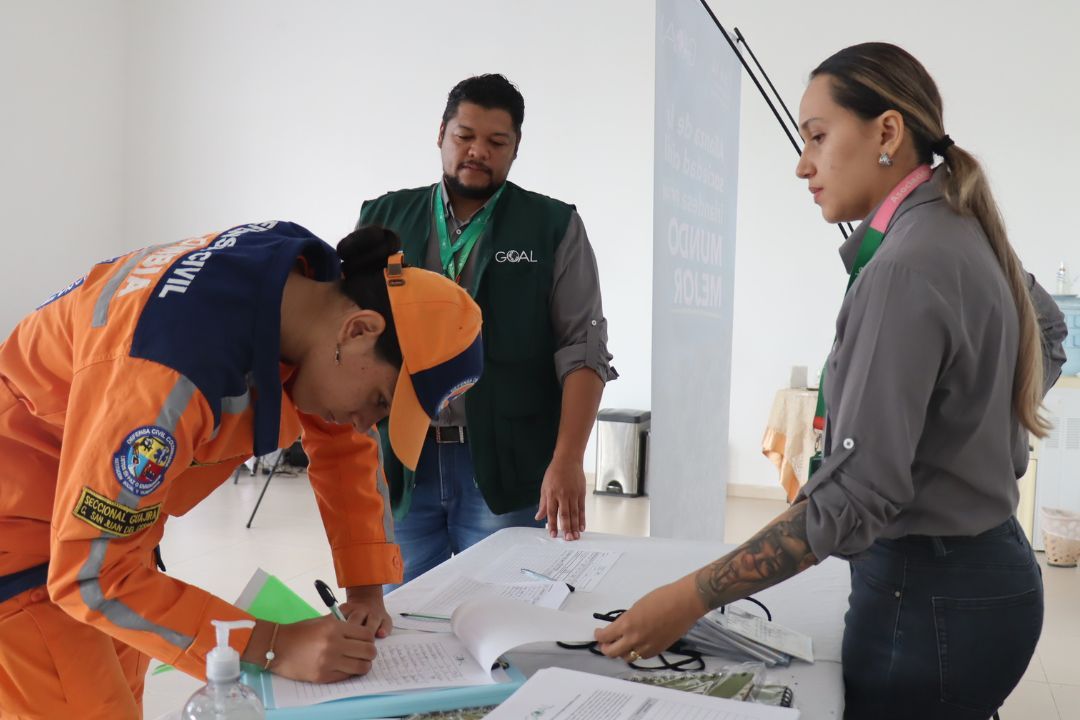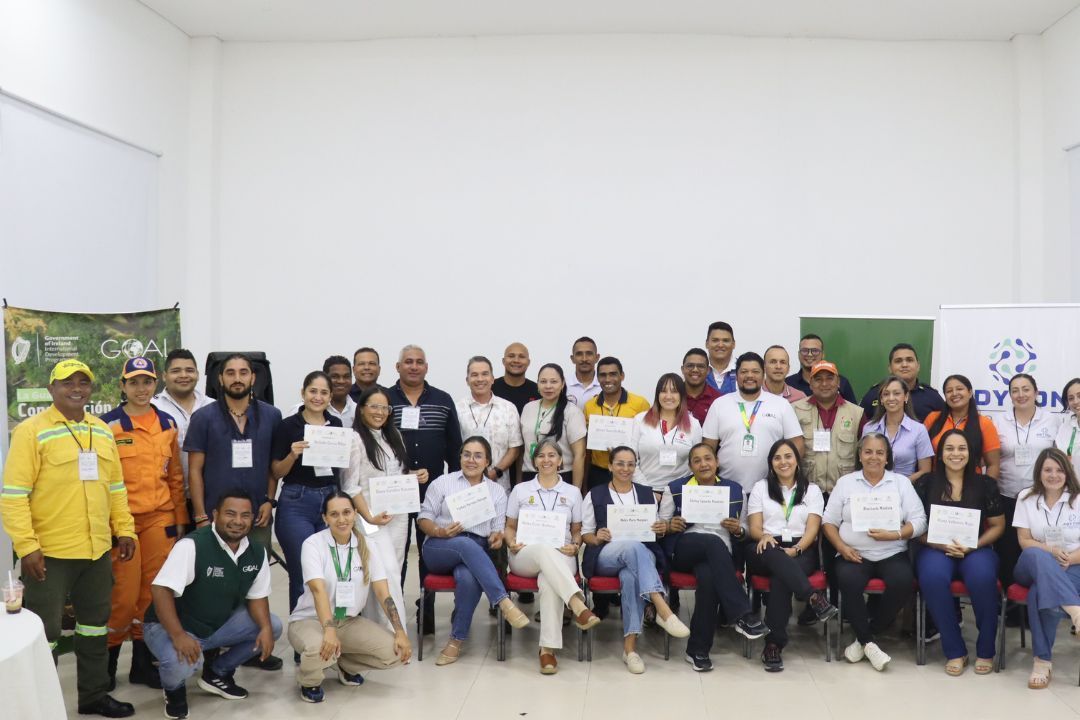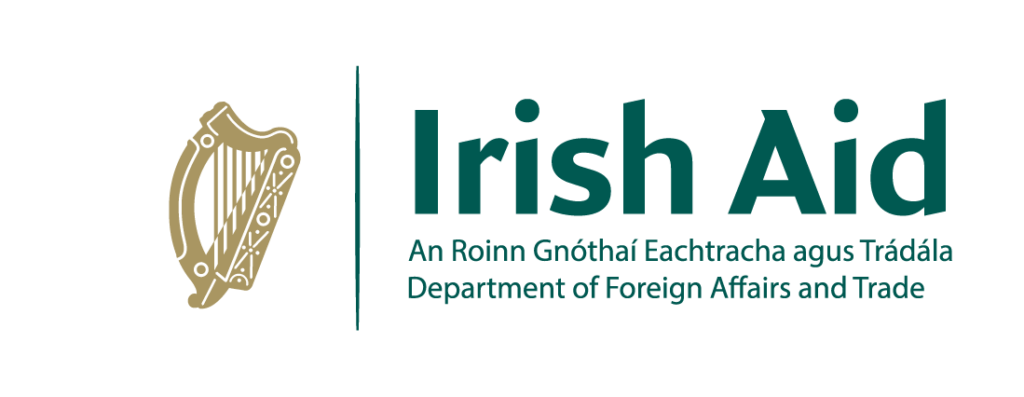 Blogs
Blogs
August 22, 2025 • 3 min read
In La Guajira, northeast Colombia, communities are strengthening disaster risk reduction, emergency preparedness, and response with support from Irish Aid. Through training, early warning systems, and community participation, local authorities and residents are better equipped to prevent and respond to climate-related risks, building resilience and fostering sustainable development.
The Resilience and Hopes for La Guajira
La Guajira, in the northeast region of Colombia, on the Caribbean Sea bordering Venezuela, has long faced challenges related to disaster risk management and the impacts of armed conflict. These factors have deepened poverty and increased vulnerability amongst the communities there. However, in the southern part of La Guajira, between the Serranía del Perijá and the Sierra Nevada de Santa Marta Mountain ranges, there is a region rich in biodiversity, culture, and water resources, and this area sustains numerous Indigenous, Afro-descendant, and rural communities.
Therefore, despite its vulnerabilities, La Guajira is a resilient region that has seen progress in socioeconomic, environmental, and productive development. It has also made strides in disaster risk reduction, exemplified by innovative strategies such as early warning systems with an agri-food focus.
Irish Aid Supporting Communities Prepare and Mitigate Impact of Climate Disasters
As a result, communities are now better equipped with the knowledge and tools to enhance resilience and adapt to prevailing threats. The active involvement of local authorities and residents has fostered hope for a safer, more equitable environment and greater opportunities for peace and development in the region.
A technical meeting titled Information, Decision, and Response in La Guajira: Strengthening Capacities for Risk Management and Climate Action was organised recently in San Juan del Cesar. This meeting was part of the initiative titled ‘Ireland’s Civil Society Partnership for A Better World (ICSP) and Building Basic Resilience Mechanisms’, supported by Irish Aid through the five-year ICSP programme and the Embassy of Ireland in Colombia, in collaboration with local and regional disaster management organisations and Adyton International.

Participants of Preparedness and Response training, facilitated by GOAL and funded by Irish Aid, are part of the ‘Ireland’s Civil Society Partnership for A Better World’ (ICSP) and the ‘ Building Basic Resilience Mechanisms’ initiative.
The Impact of Training on Risk Management Stakeholders to Build Resilient Communities
Over two days, more than 40 departmental and municipal stakeholders in disaster risk management participated in sessions focused on regulatory frameworks, tools, public policies, and best practices related to climate change, early warning systems (EWS), anticipatory action, and response protocols. Workshops included practical exercises in risk scenario mapping, role and responsibility matrices, and evaluations of planning instruments such as the Municipal Emergency Response Strategy (EMRE) and contingency plans.

Participants of Emergency Preparedness and Response Training in La Guajira in Northeast Colombia
Speaking about the importance of the training provided during this technical meeting, Yovanny Delgado, Environmental Planning Coordinator at Corpoguajira (the environmental authority in Guajira responsible for managing renewable natural resources and the environment, generating sustainable development, climate change adaptation and mitigation measures) said,
“Our understanding of risk management and climate change, which is so crucial, has been significantly enhanced during this training. The insights gained will further strengthen our capabilities, particularly in risk management”.
Also commending this disaster risk reduction, emergency preparedness and response technical training, Edier Guerra, a member of the Risk Management Team and leader of the forestry brigade in Villanueva, La Guajira, said,
“What I’ve learned here will serve me for the rest of my life. That technical education, that knowledge, is invaluable.”
Participants also learned from the experiences of Manizales and Cali, which showcased the effectiveness of their early warning systems and tools for risk governance and informed decision-making.
“It has been a remarkable experience—learning about diverse approaches to irrigation and emergency management. Engaging in a different geographic context helps us identify risk scenarios and deepen our technical expertise,” said Nathaly García, a geographer with Cali’s Disaster Risk Management Secretariat.

